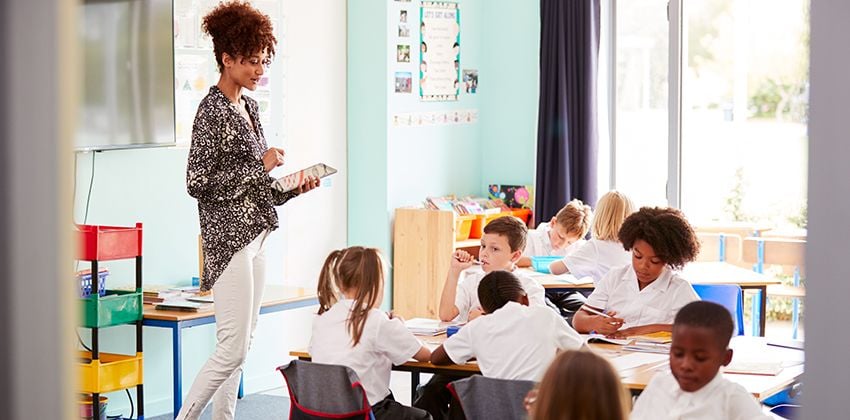Share Content
Article Link Copied
How can private schools benefit societies?

The sector’s growing importance in the education landscape is undeniable, and this raises the question of its potential contributions to society at large.
A new report conducted by LEK and commissioned by Jacobs Foundation explores the potential of privately-run schools to benefit societies.
The sustainable Development Goal 4 (SDG4) on Quality Education sets several bold challenges for the world to achieve by 2030, including universal completion of free, equitable and quality primary and secondary education.
Quality education is still an issue
However, progress to achieve Goal 4 has stagnated. For example, the number of out-of-school children globally dropped by just one million last year, to 262 million from 263 million. Strides have been made in addressing global education challenges, but serious issues, particularly related to quality education, persist. Waiting 260 rather than 10 years more to achieve universal quality education is not a viable option.
Privately-run schools’ contribution to public goods
Meanwhile, and perhaps in part because of perceived challenges in quality and accountability in education systems, privately-run school enrollments (in both non-profit and for-profit schools) have been growing globally at three times the rate of the public sector as affluence rises. Given this expansion, education sector stakeholders cannot afford to ignore schools operated by private actors. Their particular strengths, such as innovation potential, must be harnessed to contribute to the greater good.
The LEK Report “Private Schools for Public Goods” explores the key challenges in global education and the state of the privately-run schools’ sector. Also, it shows how privately run schools can contribute to the creation of public goods in education, providing benefits for broader communities and education systems. Finally, it looks at how this activity can be supported by donors, funders, and investors.
The report uses the terms “private schools” and “privately-run schools” to refer to schools that are run by private organizations, either independently or in partnership with the state in public private partnership models. These schools can be non-profit or for-profit.
Download Report: